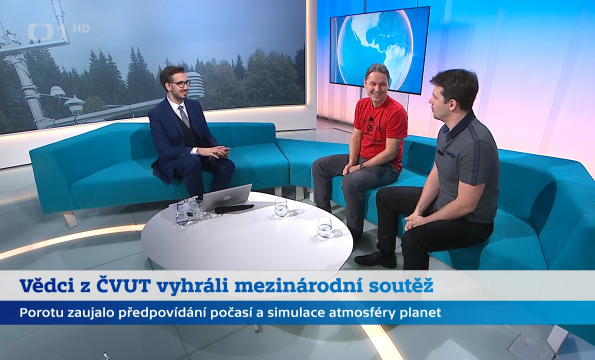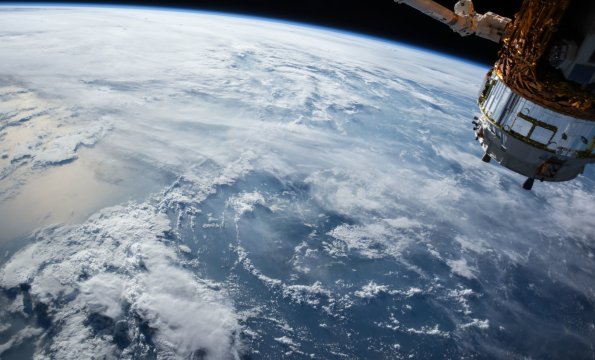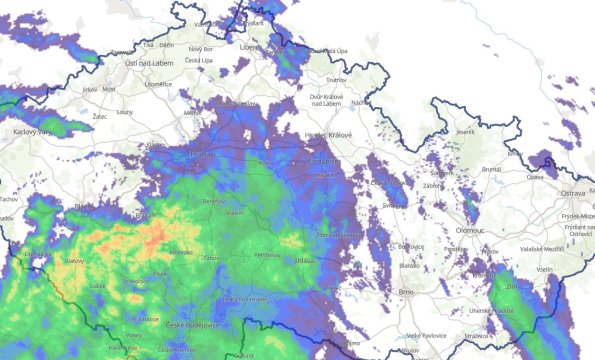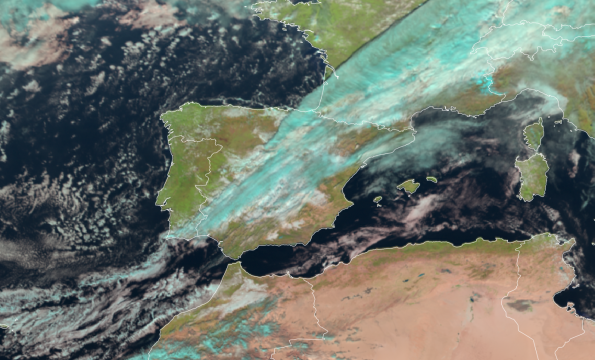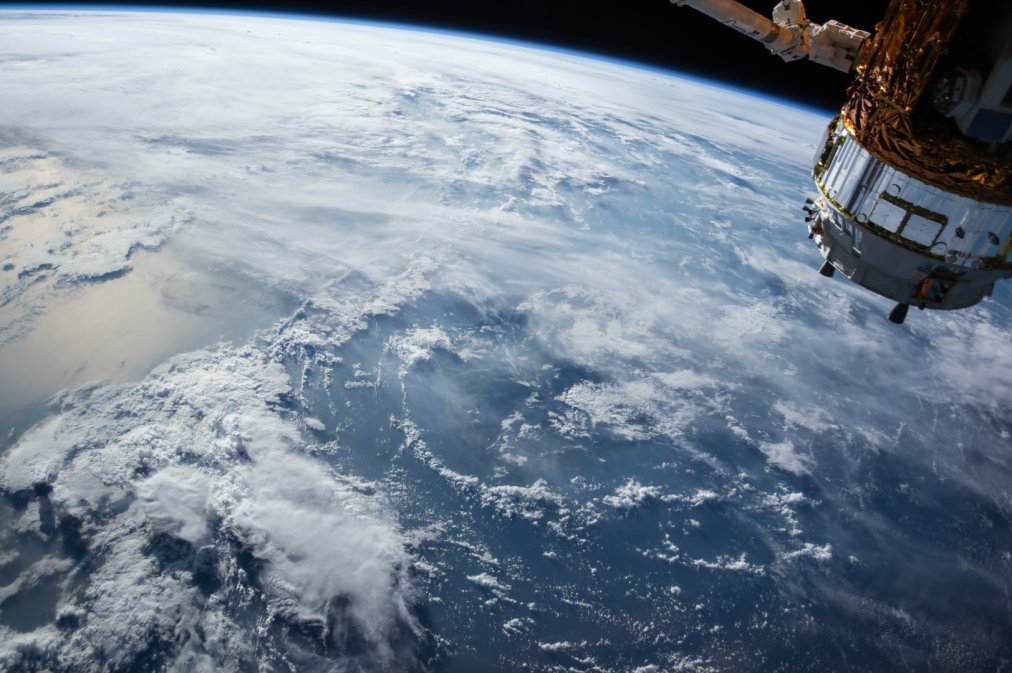
Artificial intelligence experts from FIT CTU claimed two victories in competitions at NeurIPS 2022 (Neural Information Processing Systems), the prestigious international conference. They won a competition for modelling the atmosphere of exoplanets and a competition for the most accurate weather forecast, for example, extreme precipitation in developing countries. Ten thousand artificial intelligence experts from around the world attended the conference on machine learning in New Orleans.
Each year, the NeurIPS conference hosts several competitions where researchers from all over the world can measure their strengths in challenges ranging from basic research to AI applications. Scientists from FIT CTU brought home wins in two competitions from NeurIPS 2022 – Weather4cast and Ariel Machine Learning Data Challenge.
By winning the Weather4cast competition, the faculty team capitalized on their collaborative research with Meteopress to improve AI weather forecasting algorithms. The winning team of researchers from the Data Science Laboratory, consisting of Bc. Jiří Pihrt, Bc. Rudolf Raevskiy, Mgr. Petr Šimánek and Ing. Matej Choma, had to predict precipitation as accurately as possible based on satellite data from 7 different regions over a period of 2 years. Their winning algorithm combines several neural networks that integrate insights from cloud image prediction, transformation of satellite images to radar ones, precipitation prediction and conversion of radar images to a higher resolution. The uniqueness of their winning project in the Weather4cast competition is that it can very realistically simulate extreme precipitation forecasts in places where weather radars are unavailable, such as developing countries.
“Some neural networks have special architectures that help generate more physically faithful simulations. It makes the predictions not only more accurate but also more realistic,” Pavel Kordík, Vice-Dean for Cooperation with Industry, said. “By combining the knowledge of scientists and students from the faculty with the Meteopress company, we can already very accurately forecast the weather for several dozen minutes in advance. It is one of the illustrative examples of effectively connecting theoretical research with practice,” he added.
The second great success at the NeurIPS 2022 conference was the victory of Ing. Ondřeje Podsztavek in the Ariel Machine Learning Data Challenge, which focused on modelling the atmospheres of planets outside our solar system (so-called exoplanets). To solve the challenge, Ondřej used his experience from long-term research cooperation with RNDr. Petr Škoda, CSc., from the Astronomical Institute of the Czech Academy of Sciences and FIT CTU, and prof. Ing. Pavel Tvrdík, CSc., from the Department of Computer Systems at FIT CTU.
“The project aimed to design the most efficient method for recognizing the temperature of exoplanet atmospheres and the amount of gases in them. Therefore, I designed a so-called ‘deep ensemble’ algorithm, which consists of twenty convolutional neural networks adapted to process the spectra originated by the distribution of light passing through the atmospheres of exoplanets,” Ondřej Podsztavek explained the essence of his work. “Research on exoplanets helps us understand the uniqueness of our planet Earth,” he added.

